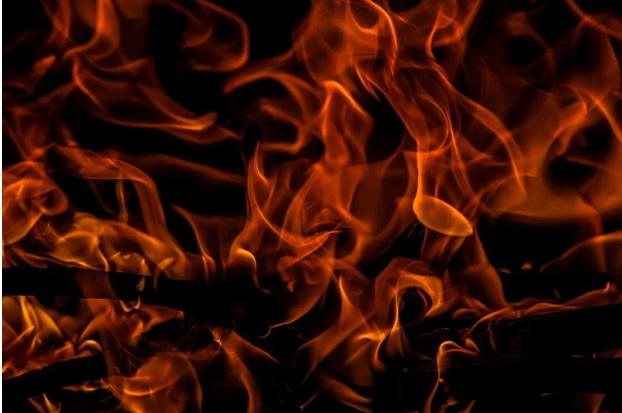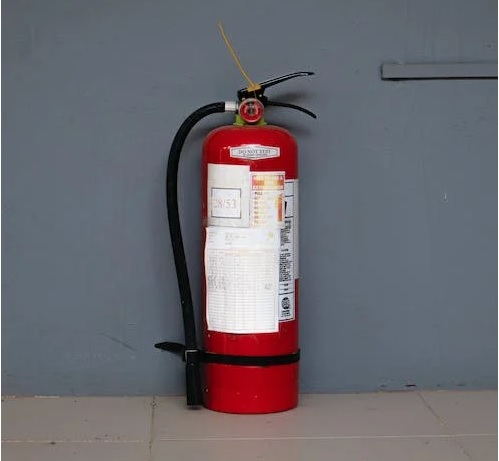Marine Electrical Wire and Fire Safety
25th Apr 2023
According to a 2020 report from the United States Coast Guard, there were 5,265 boating accidents in that calendar year.
Among them, 47 were caused by the ignition of fuel or vapor.
While this might sound like a small number (a little less than 1% of all reported accidents) it’s likely that there were many more that were not reported to the USCG and do not appear in the official statistics.
Boat safety is something that all boaters, recreational and commercial, should take very seriously.
Here’s what you need to know about marine electrical wire and the risk of marine fires.
Marine Electrical Wire and Boat Fires: Statistics
Marine electrical wire is a special class of electrical wire that is made with a very high strand count so as to keep it more flexible.
A higher degree of flexibility makes it easier to work with the wire, but it also makes chafing less of a threat.
This is significant because a report by Boat U.S. published a few years back found that chafing, which damages electrical wire insulation, is one of the biggest causes of marine electrical fires.
The same report also indicated that 55% of fires investigated were found to have been caused by the boat’s electrical system.
This statistic, humbling as it is, underscores the importance of using only high-quality, abrasion-resistant marine electrical wiring on board a boat.
Not only is the use of the proper electrical wire necessary, but it is also critical to ensure that the wires are not stressed, strained, or pulled; it is also important to protect the wires wherever they exit or enter the boat’s hull or structure to protect them against abrasion.
Anywhere the wires rub against something, there is a risk of fire. Therefore, electrical tape, conduit, silicone, or another buffer is often necessary to lessen the risk of abrasion, and thereby, fire.
Another important feature of marine electrical wire, although it is not necessarily directly tied to fire risk, is that marine electrical wire is made with individually-tinned copper conductors.

This feature of marine grade wire and cable helps protect the conductors wherever they are exposed to the elements, such as where they are exposed to forming connections at marine battery terminals.
If marine battery cable is not used, there is a higher risk of corrosion, and potentially, of overheating and fires.
How Can You Help Mitigate the Risk?
One of the most important ways you can help prevent marine electrical fires is to use only wire and cables rated for use in marine environments.
Ensuring they are properly installed and not subject to excessive abrasion will also help prevent the risk of fire.
Wherever wire and cable enter or exit some structure, they should be protected with conduit, protective sheathing, silicone, or some other buffer.
Using heat shrink tubing or electrical tape insulation to cover exposed wire wherever connections are formed can also be advisable - but if you have any questions about this, consult a marine electrician.
It is also critical to use the right size wire. Wire that is too thin for the electrical draw of the application will overheat and is more likely to cause fires.
What Else Causes Fires on Boats?
The use of properly-rated and installed boat wire is only the first step to ensuring marine fire safety.
Other risk factors that can cause fires include but are not limited to:
- Smoking below deck.
- A buildup of flammable vapors, such as from the fuel tanks, solvents, butane, or propane gas.
- Cooking equipment in the galley.
- Loose electrical connections and short switches can also cause fires.
Fortunately, there are things you can do to mitigate this risk.
How to Manage the Risk? (Best Practices and Suggestions)
The most important thing you can do to control the risk of fire on board is to have a plan and to do all you can to eliminate sources of the risk of fire.
- Do not allow smoking below deck, or, even better, do not allow smoking on board at all.
- Install and test smoke detectors to alert you to the threat of smoke and fires.
- Keep butane and propane bottles/tanks in lockers that drain fumes overboard; check all fittings periodically to ensure they are not leaking.
- Never leave anything that is burning, such as grills or cookers, unattended.
- Secure all flammable liquids and gases in properly sealed and secured containers.
- Vent engine bays before starting engines.
- Inspect all marine electrical wiring
- Keep marine fire blankets on board, in easily accessible, well-marked locations, and be sure your crew members know where they are and when and how to use them.

It’s also critical to have a plan, as well as to keep more fire extinguishers on board than required by the coast guard, in well-marked, easily accessible locations.
Do not carry only the minimum amount. This is a recipe for a dangerous situation. Carry what you need and double it; also, consider a Tri-Class Fire Extinguisher (ABC), which uses a dry chemical extinguisher and can put out three different classes of fire: solid (such as wood, paper, or fabrics), liquid (such as oil or gas), and electrical fires.
Educate your crew members on the different classes of fire extinguishers and when and how to use them, and be sure crew members know where they are.
Having a plan in place is the most important precaution you can take to make sure your crew mates are well-informed and know how to respond in the event of a fire.

